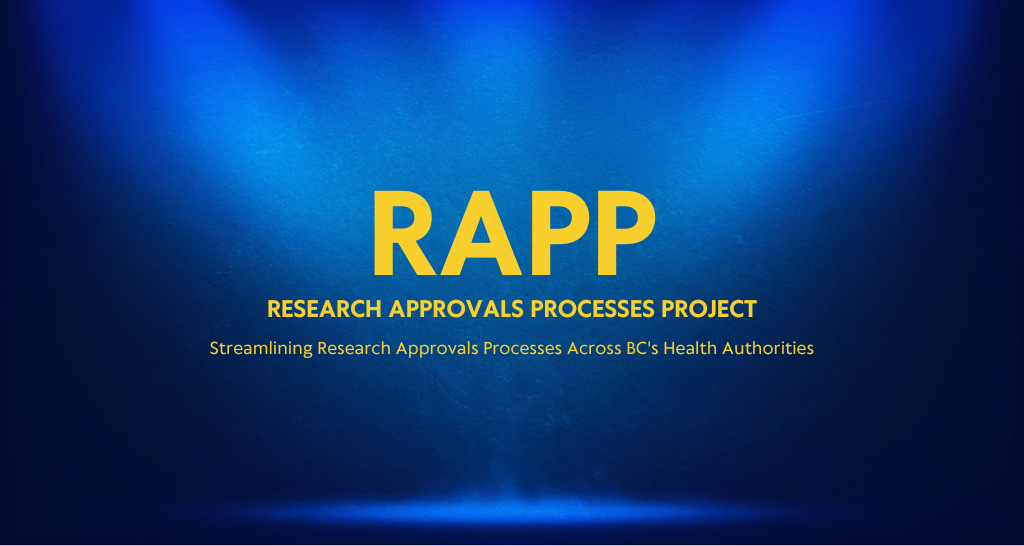It isn’t just a simple faint: Patients weigh in on negative effects of recurrent fainting episodes
27 October 2022

“The first time my daughter passed out was at playgroup,” said Trudie Lobban, MBE*. “She regularly began losing consciousness, up to eight times a day, but no one could tell me what was wrong with her. When she was finally diagnosed, we learned that her heart stopped, which caused her to pass out. Any unexpected bump, fright or even pleasant surprise would cause her to fall to the floor unconscious. It certainly was not a simple faint. This heart rhythm disorder has had a huge effect on my daughter and our whole family.”
Syncope, or fainting, is a short-lived loss of consciousness caused by reduced blood flow to the brain. Orthostatic syncope is when someone faints because their blood pressure drops when they sit or stand.
Up to 40% of the population will faint in their lifetime, and of these, 30% have recurrent, severe episodes.
Fainting is generally not life-threatening, and as a result, symptoms are often ignored or dismissed. Up to 40% of the population will faint in their lifetime, and of these, 30% have recurrent, severe episodes. But despite how common it is, little is known about the negative effects this disorder has on daily life.
Researchers at Simon Fraser University’s Cardiovascular Physiology Lab wanted to address this gap in knowledge. Led by Dr. Victoria Claydon, the research team included Drs. Brooke Hockin and David Whitehurst and Ms. Natalie Heeney. The work was funded by the Heart and Stroke Foundation. Brooke also received a fellowship from the BC SUPPORT Unit Fraser Centre that allowed the team to engage with patient partners to gain a deeper understanding of their lived experiences.
Using a systematic review, they compiled evidence to address this gap and identify key factors influencing quality of life in patients with syncopal disorders.
Recurrent fainting may affect school attendance, community engagement, job loss and loss of independence.
They found that syncope has a negative impact on daily life, with individuals experiencing dizziness, nausea, palpitations, brain fog and fall-related injuries, together with anxiety and stress. Recurrent fainting may affect school attendance, community engagement, job loss and loss of independence. Despite the large number of patients living with syncope, this disorder continues to be under-diagnosed and under-researched, and treatment remains challenging.
“Every day, patients live with the consequences of recurrent fainting,” said Brooke. “I’m grateful for the support of patients and our partners. Guided by patient insights, our study showed how syncopal disorders negatively impact daily living. Together, we identified research priorities to improve patient quality of life.”
The research team worked with patient and community partners, including Trudie and STARS (Syncope Trust and Reflex Anoxic Seizures) support group. Patients and partners provided their perspectives on the systematic review. Findings from the review resonated with people’s lived experiences, and highlighted that recurrent syncope leads to stress, fear, anxiety, and psychological disorders – reducing individual’s ability to fully participate in activities and lead active independent lives.

The review was published in the Frontiers in Cardiovascular Medicine Journal. Read more about the methods and findings of this systematic review.
This study is just a first step. Brooke and her teammates in the Claydon Lab plan to expand on this work with a survey that identifies patient priorities for improving quality of life. Along with their community partners, this team’s goal is to develop evidence that leads to patient-centered changes in care and management of syncopal disorders.
*Member of the Most Excellent Order of the British Empire






